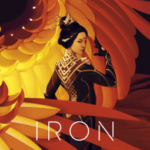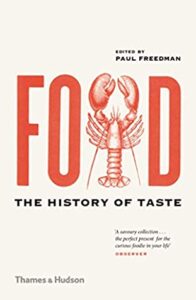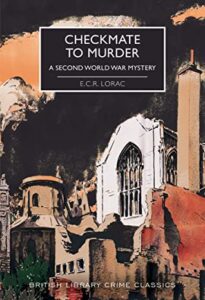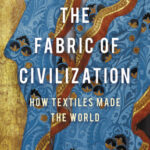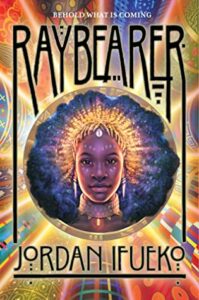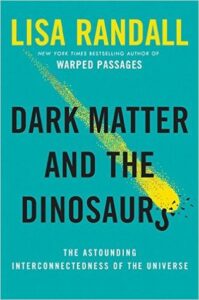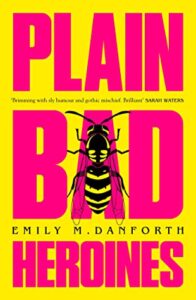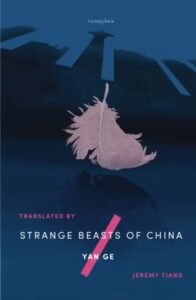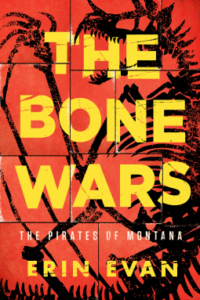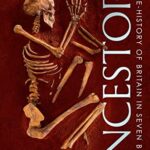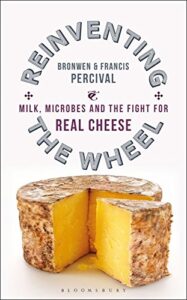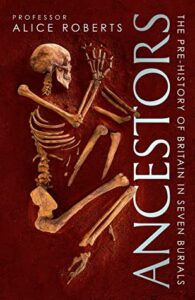 Ancestors: A Prehistory of Britain in Seven Burials, Alice Roberts
Ancestors: A Prehistory of Britain in Seven Burials, Alice Roberts
To get my nitpicking out of the way, the subtitle is really inaccurate. There are a lot (a lot) more than seven burials discussed here: I wouldn’t be surprised if it managed to get up to seven burials per chapter, though I wasn’t counting. It makes sense, in a way: many prehistoric remains are fragmentary, and they can tell us more in aggregate — which does lead me to my other peeve with this book, which is that many of the examples were actually not even British. Sure, each chapter discussed British remains as well, but there’s inevitably a lot of discussion of other burials, including quite a bit of detail about places like Shanidar.
I guess what I had hoped for was a book that really focused in on seven specific exemplary burials, and was quite exhaustive about those, discussing all the different factors we know about that specific individual, that specific grave. At least, that’s what I expected with the subtitle, at least. So, it isn’t that. There is quite a bit of detail about some of the burials, including some fascinating ones I didn’t know about, but it is really much more of a general survey of prehistoric burials, mostly in Britain, but using burials in Europe and further afield to help contextualise them. Which also makes sense, but is not how the title sounded.
Despite those peeves taking up a lot of my writing space so far, I did really enjoy the book. There are some burials here which really intrigue me, like the full chariot burials, complete with horses. Roberts mentions some ideas that really fascinate me, like the idea that maybe offerings to the water were actually funerary offerings, not offerings to abstract deities. She suggests that some of the “missing” dead (we would expect to find more prehistoric remains than we do) could have been cremated and scattered on water, with offerings thrown in after them — or even that bodies could have been placed on rafts with their belongings, and then the offerings ended up in the water when the rafts deteriorated.
It’s an interesting idea, at least, and the book had a few such titbits. Although I knew a little about most of the burials she discusses, if not all, there was definitely some new material in here and stuff that surprised and fascinated me. Worth the read!
Oh, and I’ll just bet the section on interpreting sex/gender in burials reaaaally chapped some people’s hide. Ahaha.
Rating: 4/5



